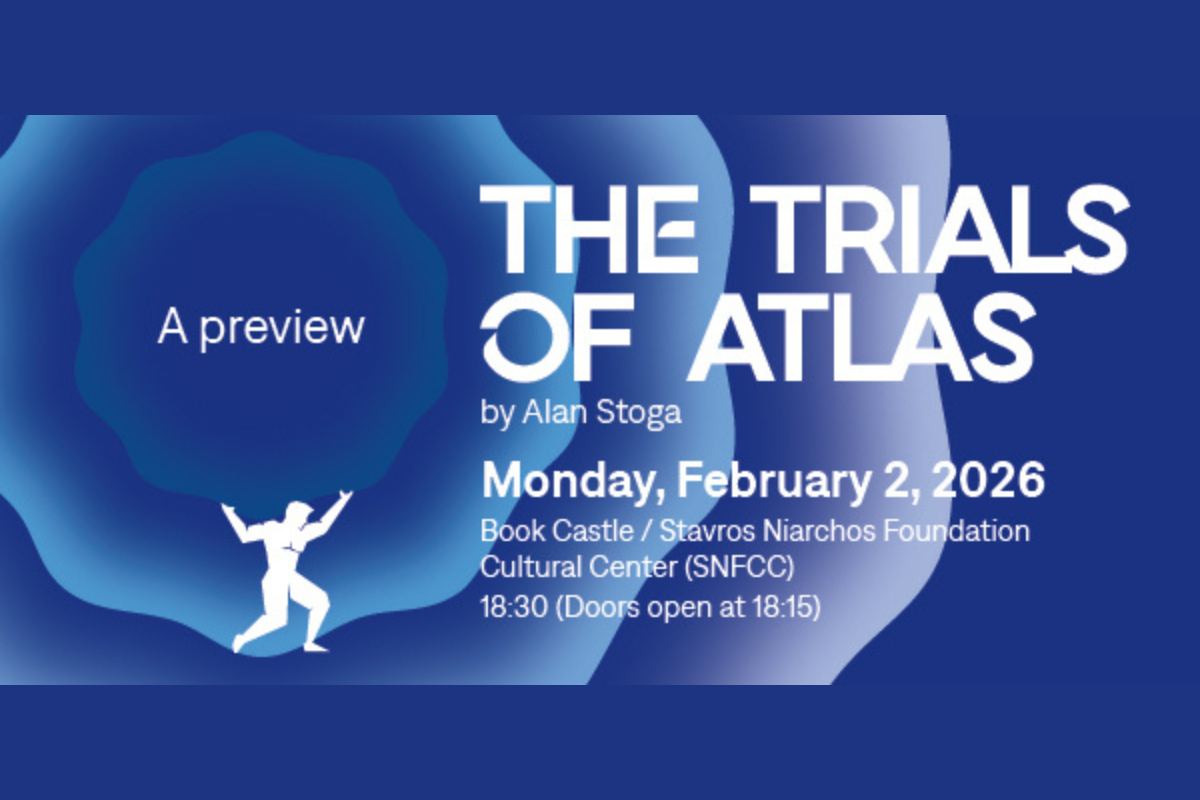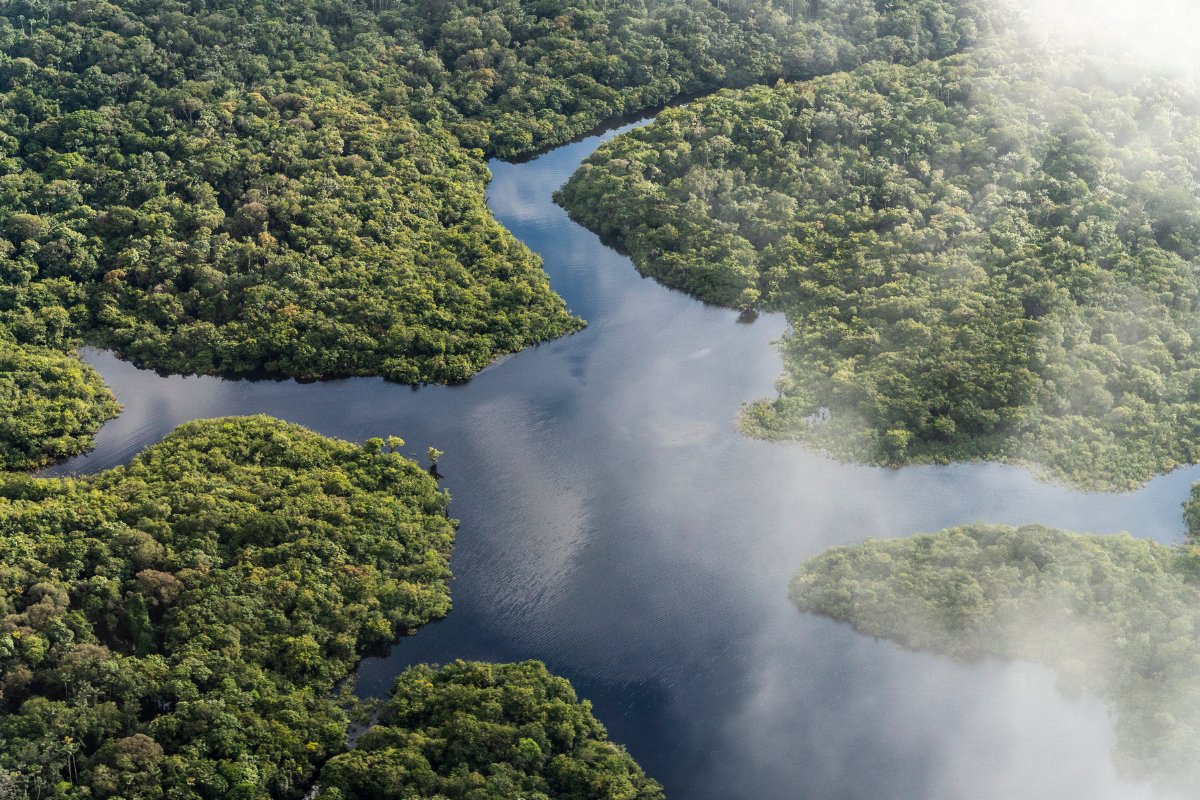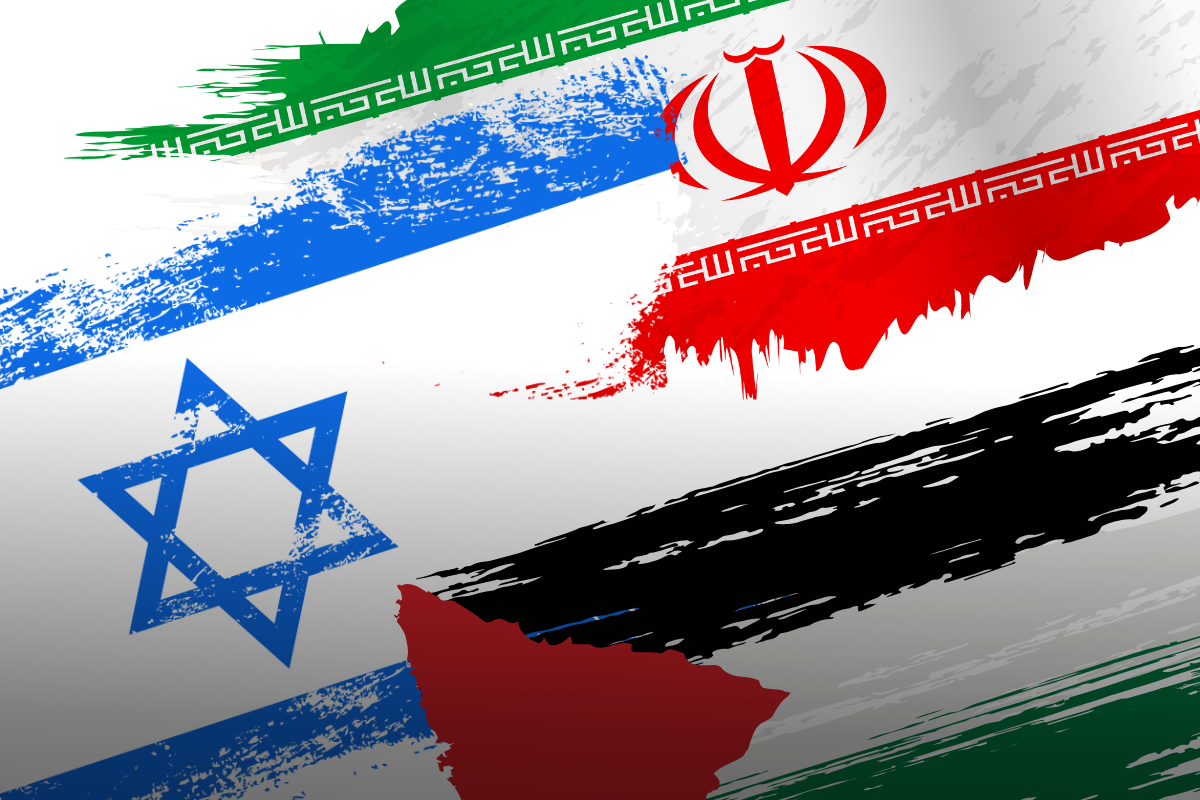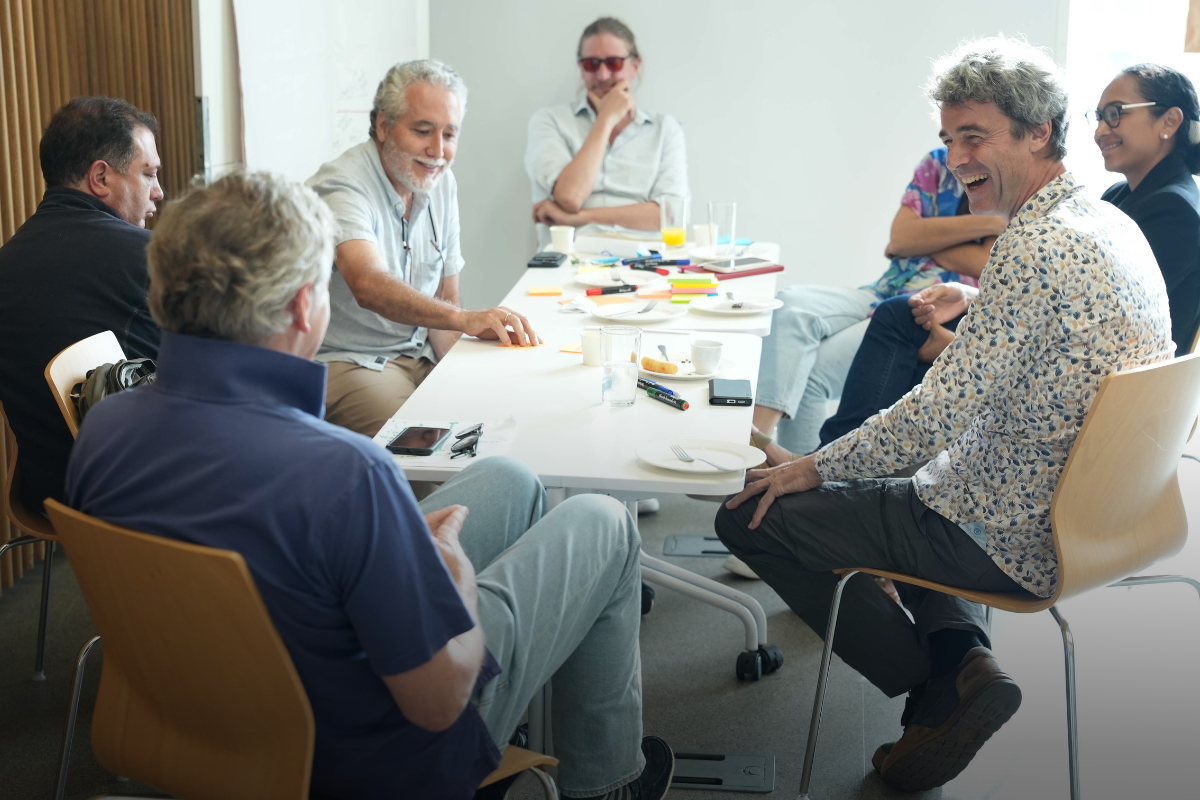Join us on Friday, October 3 at 10:00 AM EDT / 4:00 PM CEST for a Tällberg Foundation – World of Crime webinar that explores how organized crime, politics, and foreign policy intersect in today’s Americas.
ZOOM LINK TO JOIN THE WEBINAR: https://us02web.zoom.us/j/89573379035
U.S. President Donald Trump’s approach to drug trafficking has been remarkably consistent: he is reframing the War on Drugs as a War on Terror—labeling cartels as terrorist organizations, amplifying the threat of Venezuelan gangs like Tren de Aragua, deploying Marines to the Southern Caribbean, and blowing up cocaine-laden speedboats.
This strategy creates the conditions for a Forever War in America’s backyard. But is Tren de Aragua really a terrorist group? What are the implications for Latin America and beyond? And what are the costs of turning complex criminal economies into a terror narrative?
Host: Alan Stoga, Chairman, Tällberg Foundation
Featured Panelists: Chris Dalby, Director and Founder, World of Crime and Clionadh Raleigh, President and CEO of ACLED
Add event to calendar







ABOUT THE PANELISTS
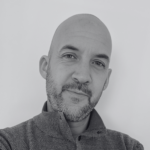 Chris Dalby is a British and French investigative journalist based in the Netherlands.
Chris Dalby is a British and French investigative journalist based in the Netherlands.
He is the director of World of Crime and the Sports and Crime Briefing and has reported on organised crime for the past ten years. Much of his work focuses on cartel violence, political corruption and crime in sport. He previously worked as managing editor at InSight Crime, and his work has appeared in The Guardian, Time magazine, Reuters, Open Democracy and Policing Insight.
He is the author of two books: CJNG: A Quick Guide to Mexico’s Deadliest Cartel and Tren de Aragua: The Guide to America’s Growing Criminal Threat.
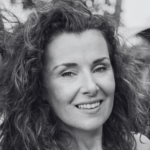 Prof. Clionadh Raleigh created ACLED while writing her PhD in 2005. Since 2014, ACLED has operated as a non-profit, non-governmental organization in the United States.
Prof. Clionadh Raleigh created ACLED while writing her PhD in 2005. Since 2014, ACLED has operated as a non-profit, non-governmental organization in the United States.
While guiding the development of ACLED, she is also Professor of Political Violence and Geography in the School of Global Studies at the University of Sussex in the UK.
Cliona’s areas of expertise include the dynamics of conflict and violence, changing patterns of political violence and conflict data. Her work has also focused on African political environments and elite networks, and she has largely concentrated on subnational power dynamics and their influence on violent movements. In her intensive in-country research, she has engaged with questions on environmental change and violence patterns, and more recently, has developed new measures of civilian exposure to violence.
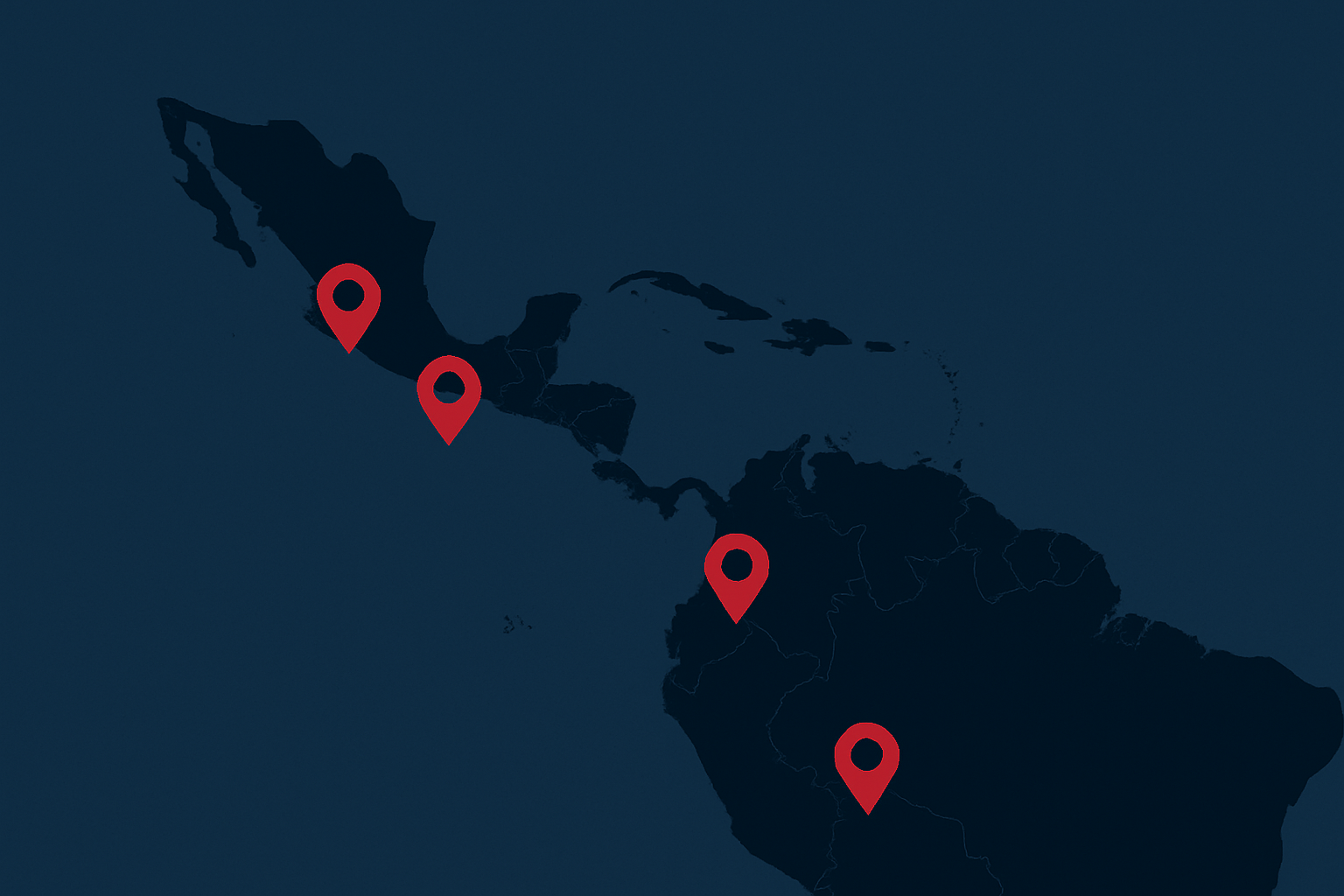
 Chris Dalby is a British and French investigative journalist based in the Netherlands.
Chris Dalby is a British and French investigative journalist based in the Netherlands. Prof. Clionadh Raleigh created ACLED while writing her PhD in 2005. Since 2014, ACLED has operated as a non-profit, non-governmental organization in the United States.
Prof. Clionadh Raleigh created ACLED while writing her PhD in 2005. Since 2014, ACLED has operated as a non-profit, non-governmental organization in the United States.